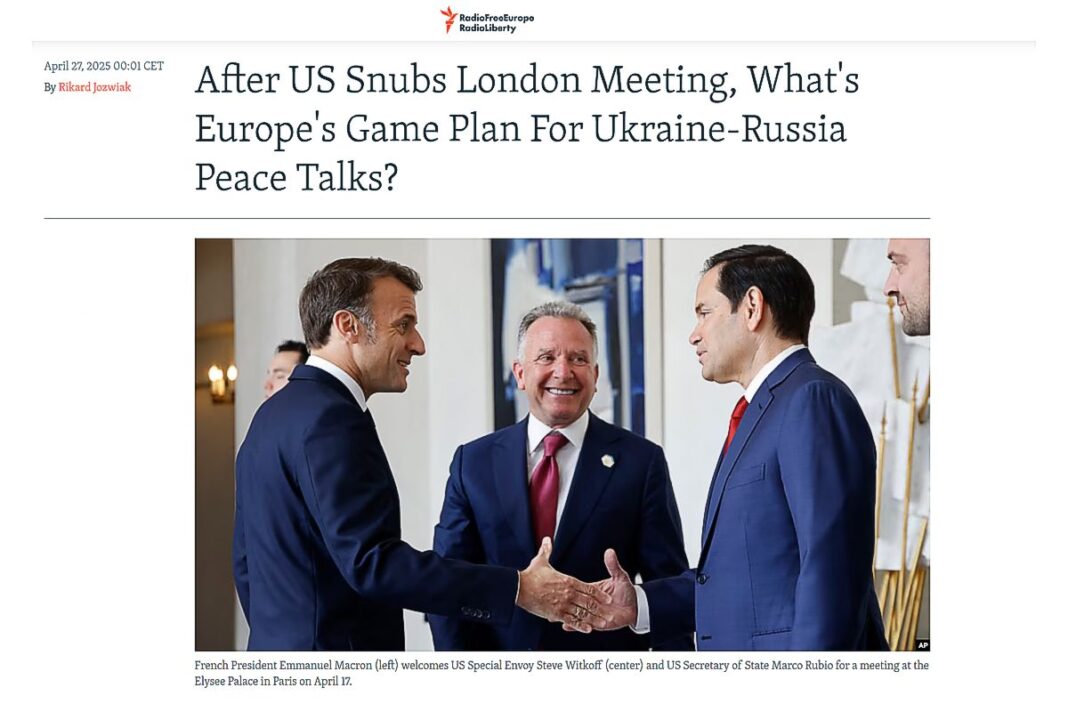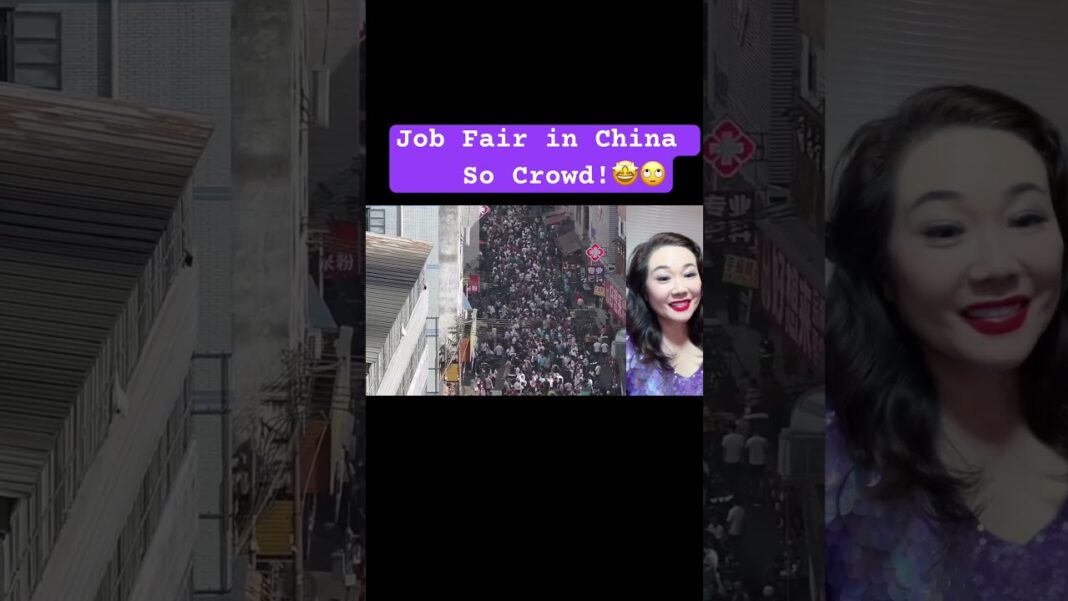She argued that the president’s tariffs would lead to higher prices and ‘paralyze American businesses, large and small, forcing them to lay off people.’
Former Vice President Kamala Harris issued a sharp rebuke of President Donald Trump’s first 100 days of his second term in the keynote speech at the 20th anniversary gala for Emerge America on April 30.
Harris made the theme of her first public remarks since leaving office in January the president’s first 100 days, which coincided with Emerge America’s celebration this week.
She accused Trump of spurring a constitutional crisis by restructuring federal agencies and freezing funds without congressional approval, and by appearing to defy orders from the Supreme Court and a federal judge to facilitate the return of a Salvadoran national mistakenly deported to a foreign prison.
“American people deserve leaders who make their lives better and make our country stronger. But sadly, we have seen quite the opposite over these past few months,” Harris said.
Harris criticized Trump for imposing baseline and reciprocal tariffs on all U.S. trading partners earlier this year and for their impacts on retirement funds from the stock market drop that followed. She argued that the president’s tariffs would lead to higher prices and “paralyze American businesses, large and small, forcing them to lay off people, to stop hiring or to pause investment decisions.”
Trump said on April 30 that people should “be patient” after the U.S. economy contracted in the first quarter of 2025, saying it would take time for his tariffs to work.
Trump stated that his predecessor, former President Joe Biden, was responsible for the contraction and said that “our country will boom” economically, according to a post he made on Truth Social.
The president was responding to data showing that the U.S. gross domestic product (GDP) shrank at a 0.3 percent annual pace in the first quarter of 2025, or from January through March, representing the first drop in three years. It was slowed by a surge in imports as companies in the United States tried to bring in foreign goods before U.S. tariffs came into effect.
By Jacob Burg







